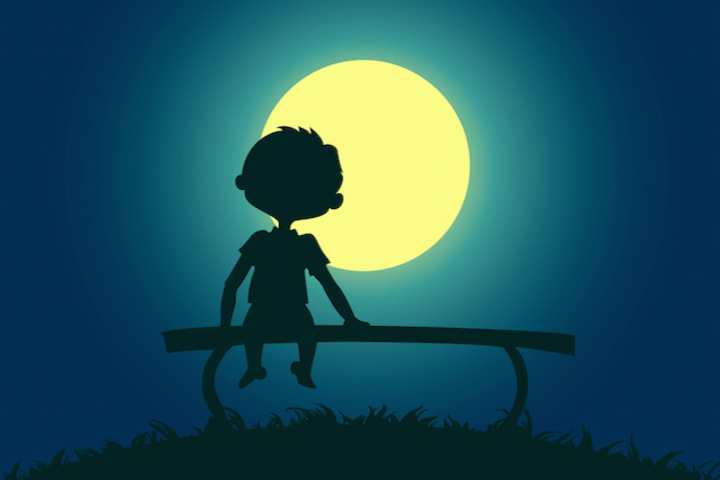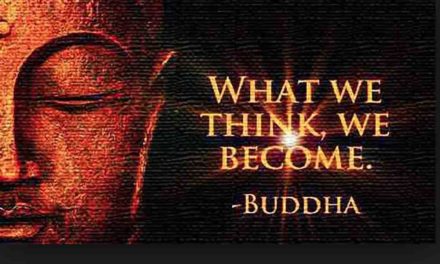My experience from 35 years of counselling individuals is that most of the problems from which people suffer stem from how they handle the events of life, rather than the games themselves.
Certainly, traumatic and tragic events such as loss of loved ones, financial loss, and health issues are incredibly challenging. However, some people manage to move through these developments with patience, while others remain stuck in fear, anxiety, and depression. The difference is in how people handle intensely painful feelings.
I have discovered that there are two core feelings that most people will do almost anything to avoid feeling: loneliness and helplessness.
Loneliness is an intense empty, sad, sinking or burning feeling within. Four different situations can trigger this feeling:
1) Loss of a loved one.
2) Not having a partner, family or friends with whom to share time and love.
3) Being around others but being closed off to them.
4) Being around others closed off to you.
Other than a traumatic loss, the latter is often the most challenging in everyday life, and this can occur throughout the day. For example, you walk into work, happy and open. You greet your friend, and he or she barely responds to you. If you are genuinely free to your feelings, you will feel a stab of loneliness. Most people are so closed off to this feeling that they immediately attempt to avoid a sense of some addictive behaviour. They might grab a donut while shaming or blaming – telling themselves that they must have done something wrong or that their friend is a jerk. These addictive behaviours are to protect against feeling the pain of loneliness. And they momentarily work to appease the feeling, but the taste doesn’t go away. It just goes deeper within and may eventually cause physical symptoms, such as back pain or some form of illness.
Helplessness is a similar feeling of loneliness– intense inner turmoil. In the example above, not only do you have the stab of loneliness, but you also feel the pain of helplessness over your friend’s behaviour. You can not make everyone connect with you. However, because this is such a painful feeling, you don’t want to know that you can not have control over another or the outcome of things. To avoid knowing about your lack of control, you may shame yourself: “It’s my fault. If I’m different, I can get others to be different.” Or you might blame your friend, attempting to get him or her to change. Both shame and guilt are attempts to avoid accepting helplessness over others.
Once you turn to addictive behaviours such as food, alcohol, drugs, activities, shame and blame, you have abandoned yourself. In attempting to avoid feeling the loneliness and helplessness, you have created inner aloneness– self-abandonment. Self-abandonment occurs when you intend to prevent pain rather than lovingly attend to your authentic feelings. The combination of avoiding loneliness, helplessness and the aloneness that comes from emotional abandonment can lead to anxiety, depression and despair. People then often turn to prescription drugs to further avoid their feelings.
Managing the feelings of loneliness and helplessness is not as hard as you may think it is. If you practice the following process, you will find that you do not need to use your various addictions to avoid pain.
1) Stay tuned to your body/feelings so that you know when you are feeling lonely or helpless. It’s crucial to be able to name the mood, and it may take some time to recognize these feelings since you may have been avoiding them for so long.
2) Welcome, and embrace the feelings and remain open and aware of these feelings. Then you can ask for help by being aware of these feelings.
3) Hold the feelings as you would a child who is hurting, with deep love and understanding. Just be attentive to the opinions of profound acceptance of them for a few minutes.
4) Consciously be willing to release the feelings. Imagine the sense of loneliness and helplessness moving through you and released into the Universe– into Divine Love.
You will find that these painful feelings will quickly release if you practice these steps rather than abandon yourself in the face of distressing events and experiences.
© Wordscapes® (David Turner). All Rights Reserved.




